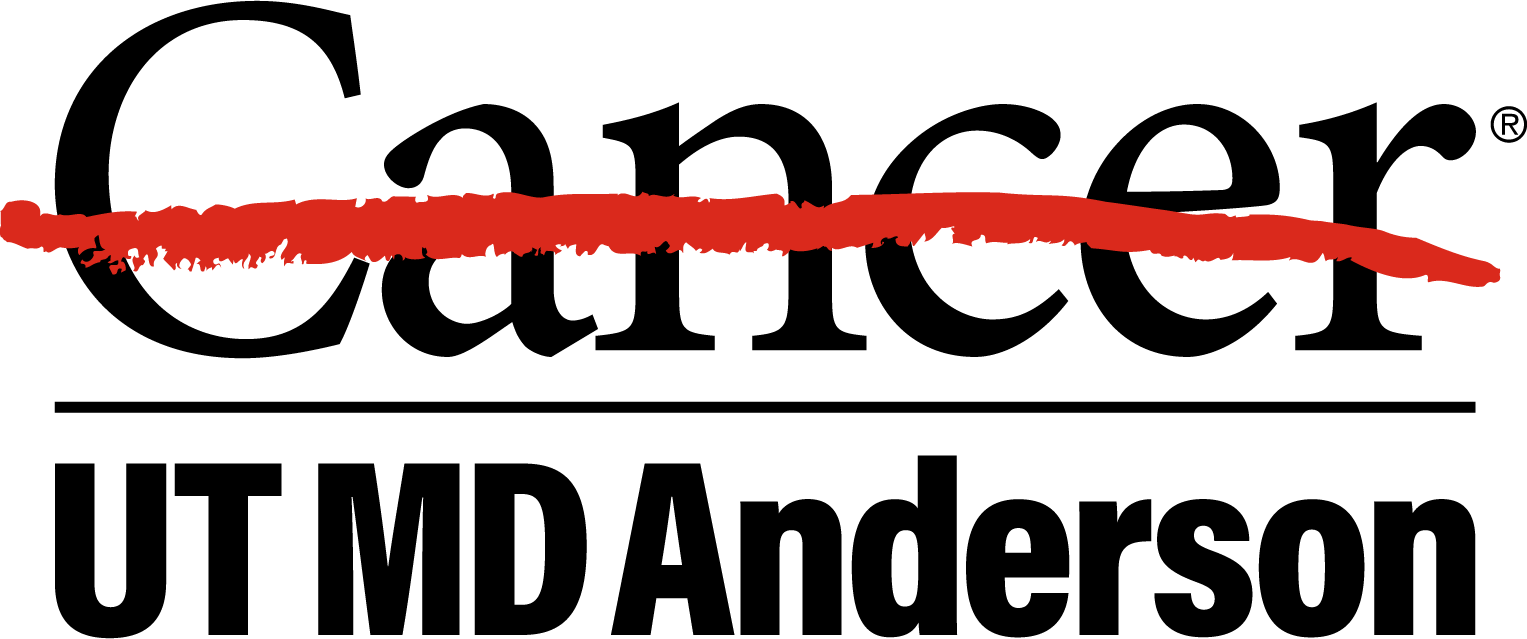Stage IV melanoma survivor: Immunotherapy clinical trial put me in remission
July 27, 2021
My melanoma diagnosis started out like many others: a suspicious mole followed by a dermatology appointment — and then, bad news. That was in early 2017.
In my case, the mole was on top of my head. And though it darkened and bled occasionally, I still didn’t give it much thought, because I never imagined it might be cancer. I didn’t see a doctor until several months after it first appeared, and even then, only because my wife urged me to.
Why I chose MD Anderson for my melanoma treatment
As soon as I found out I had melanoma, I set out to identify the best cancer hospitals in the country. MD Anderson has consistently been top-ranked in cancer treatment. And, it’s only three hours away from my home in central Texas. That made my decision easy.
The first doctors I met with there were surgical oncologist Dr. Merrick Ross and melanoma specialist Dr. Rodabe Amaria. They confirmed my melanoma diagnosis, but bumped it up from stage II to stage IV, after a biopsy revealed a cancerous lymph node in my left shoulder.
An immunotherapy clinical trial was my best option
Dr. Ross and Dr. Amaria offered me several well-established treatment regimens, as well as a clinical trial. It involved an experimental immunotherapy drug called PV-10, which would be injected directly into the affected lymph node, along with another immunotherapy drug called pembrolizumab.
After researching the results of more conventional treatments, I ultimately chose the clinical trial. It turned out to be the right decision for me.
I started getting the injections not long after my first surgery, during which Dr. Ross removed the tumor from my scalp. The remaining tumors began to shrink almost immediately, and eventually disappeared. I had a second surgery under Dr. Ross to remove the remains of the tumor in my shoulder. I just celebrated my three-year anniversary of having no evidence of disease.
Life after successful stage IV melanoma treatment
I still experience some mild joint pain now and then. But it’s very manageable with movement and exercise. And I wake up each morning feeling both relief and gratitude that I’ve been given a second chance at life.
I cannot even begin to express how grateful I am to my treatment team at MD Anderson. They did such an amazing job of keeping me informed, checking on me, and staying by my side throughout the treatment process. I owe my life to all of them.
I’m also very proud to have participated in a clinical trial. I hope the insight gained from my participation leads to the combination of drugs I received becoming available to many more people.
‘The best place you never want to be’
I’ve heard MD Anderson described before as “the best place you never want to be.” And my experience there certainly proves it.
Nobody ever wants to have cancer, but I received kind and personalized attention at MD Anderson, despite both its size and the scope of its mission. I also had some of the finest physicians on my care team — and I work in the medical field, so I’ve met quite a few. My treatment there was second to none. It continues to be world-class, even today. So, I cannot recommend MD Anderson highly enough.
Request an appointment at MD Anderson online or by calling 1-877-632-6789.
I wake up each morning feeling both relief and gratitude.
Bradley Evans, Psy.D.
Survivor
